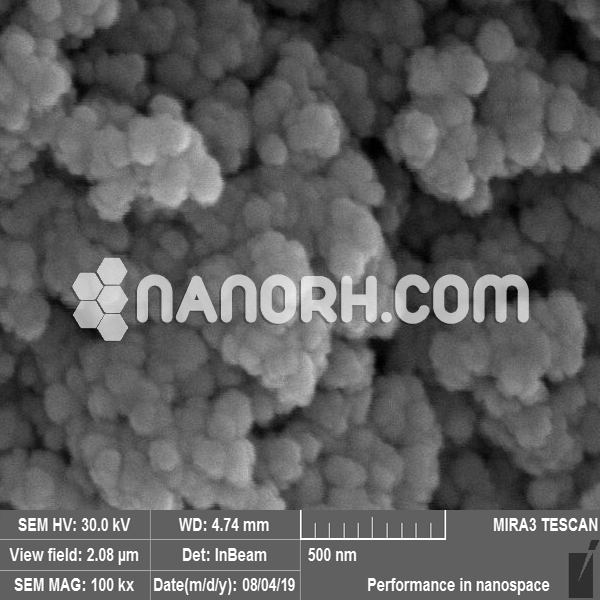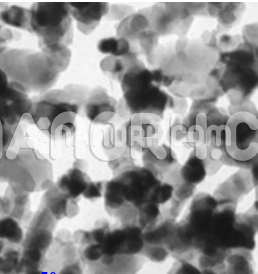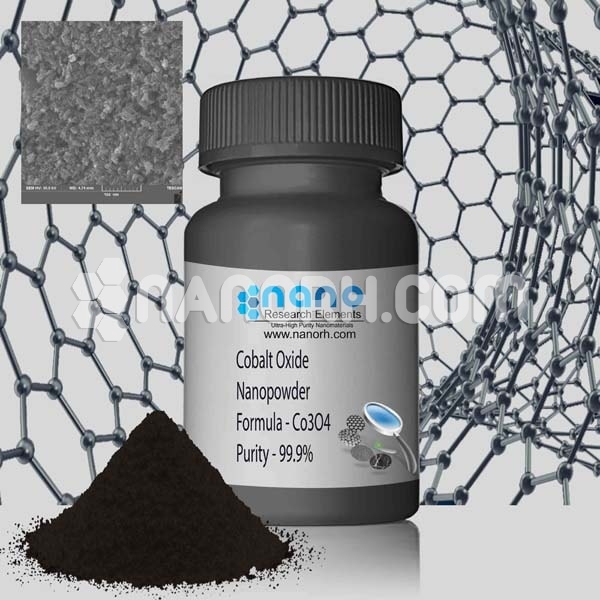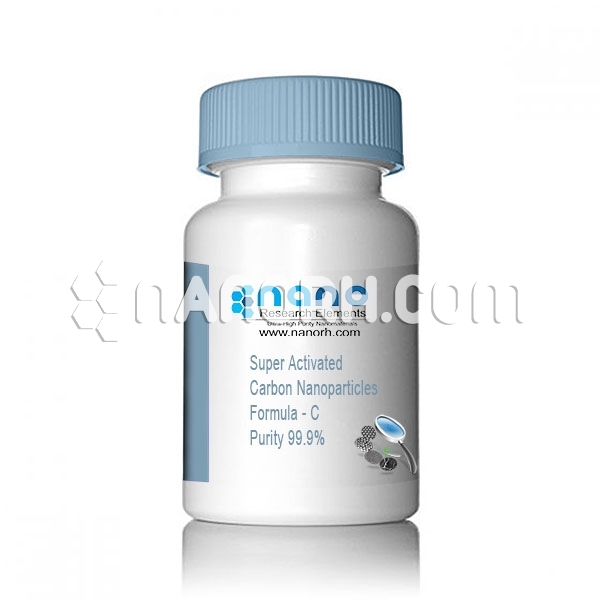| Tin Selenide Nanoparticles | |
| Product No | NRE-5231 |
| CAS No. | 1315-06-6 |
| Formula | SnSe |
| APS | <100nm (Can be Customized) |
| Purity | 99.9% |
| Color | Gray |
| Molecular Weight | 197.67 g/mol |
| Density | 6.179 g/cm³ |
| Melting Point | 861 °C |
| Boiling Point | NA |
Tin Selenide Nanoparticles
Tin Selenide Nanoparticles have become more and more popular recently; there is still no comprehensive review that fully focuses on SnSe Nanoparticles. Here, we summarize the research findings and advances in SnSe Nanoparticles material as a timely reference for readers. Initially, the review will deal with the intriguing physical properties of SnSe Nanoparticles, followed by the various never used methods for pure phase synthesis. Important growth parameters based on previous proportions of Tin Selenide Nanoparticles, single crystals, thin films, and nanostructures were discussed. Subsequently, the electronic, thermoelectric and optoelectronic characteristics of bulk crystals, thin films and nanostructures of SnSe Nanoparticles will be examined in detail, followed by new applications of SnSe Nanoparticles in the field of photovoltaics, rechargeable batteries, supercapacitors, devices memory and phase change, and topological insulator (TI). This review will motivate readers to further strengthen the research of SnSe Nanoparticles compound for various research and application purposes. In the following content, unless otherwise specified, SnSe Nanoparticles are usually considered as a material with orthorhombic structure. Tin Selenide Nanoparticles are prepared by liquid-phase methods known for their versatile morphologies. The shape and size of the obtained SnSe Nanoparticles can be controlled by liquid phase methods, which is satisfactory because some useful physical properties are closely related to the shape of the nanomaterials. Most of the reagents, such as some organometallic precursors, organic solvents, and aqueous solutions, are toxic, air-sensitive, and costly to the vapor growth process. In contrast, green and easy liquid phase methods exist for the preparation of SnSe Nanoparticles. In the following sections, synthetic methods are classified according to reaction conditions and characteristics.





Reviews
There are no reviews yet.